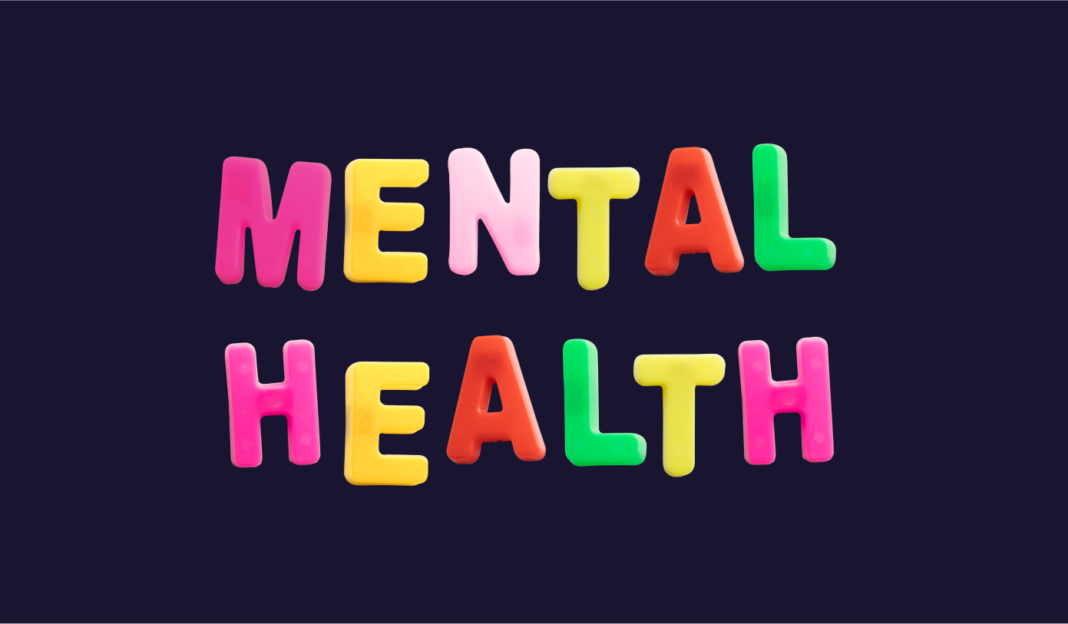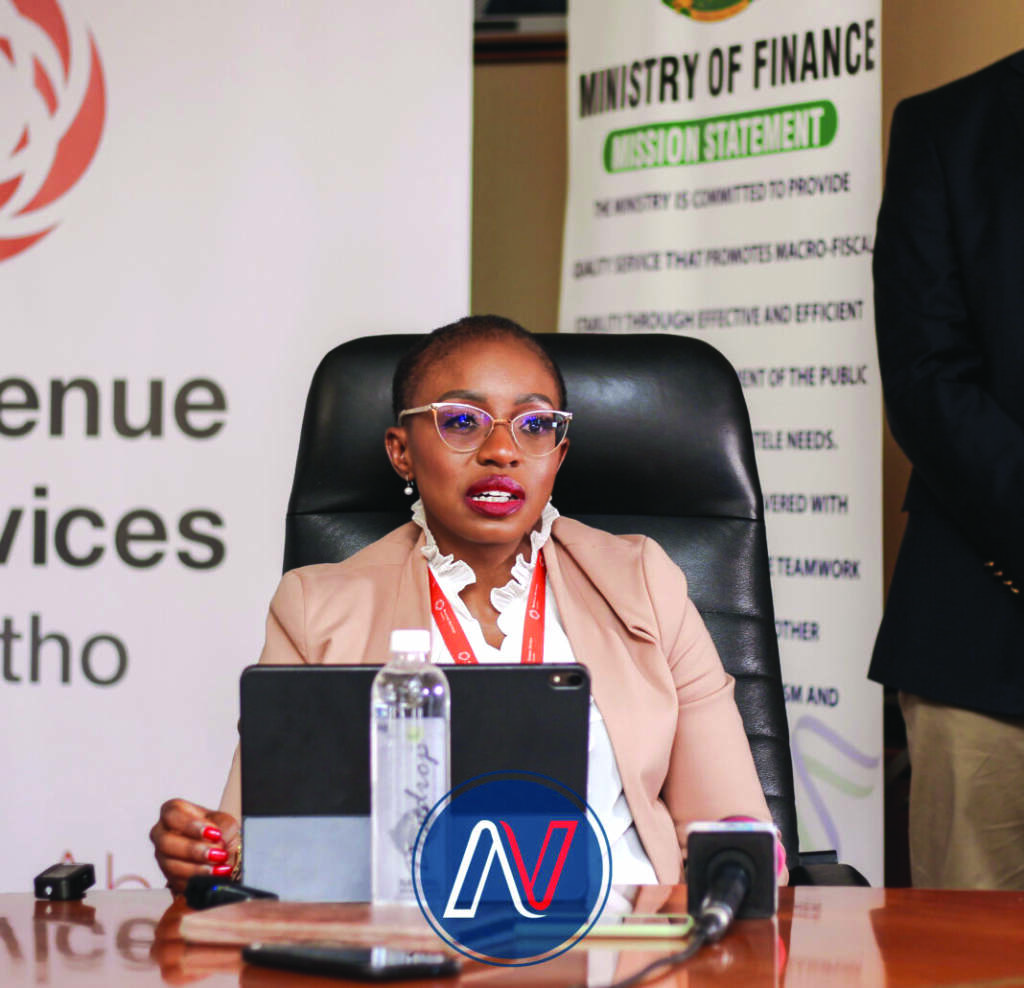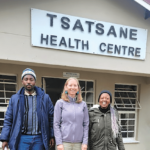Staff Reporter
As the world observed Mental Health Day yesterday, it is time for Lesotho to confront a pressing and often overlooked crisis: the mental health of our youth.
A recent World Bank report, ‘A Survey of Young Basotho’s Aspirations and Challenges’, painted an alarming picture of the state of mental health among Basotho youth, unveiling statistics that demand immediate and urgent action.
According to the report, 45 percent of youth aged 15 to 24 are not engaged in education or employment. This figure represents not only lost potential but a ticking time bomb for Lesotho’s future.
These young people, who should be shaping and driving the country’s growth and development, are instead adrift, left without hope, and burdened with anxiety and uncertainty. Even more distressing is the fact that 67 percent of these youth exhibit signs of moderate to severe anxiety, with 27 percent reporting disrupted sleep patterns, a clear sign of mental distress.
For young women, the picture is even grimmer.
They bear a disproportionate share of the mental health challenges, grappling with higher levels of worry and anxiety. This underscores the deep gender inequalities that persist in our society, where women and girls are often more vulnerable to economic hardships, social pressures, and violence, all of which have a profound impact on mental well-being.
The effects of this mental health crisis are not only individual but societal, affecting families, communities, and ultimately the very fabric of our nation.
The COVID-19 pandemic, though a global catastrophe, struck Lesotho’s youth with a particular cruelty. Already living under precarious conditions, many found themselves cut off from educational opportunities, economic activities, and social support systems.
The pandemic exacerbated their mental health struggles, amplifying anxiety, depression, and a sense of hopelessness. The quality of life plummeted for many, and the economic disruption caused by lockdowns, job losses, and a declining economy left little room for optimism. What emerged from the pandemic was not just a health crisis, but an escalating mental health emergency.
The importance of mental health cannot be overstated. It is not simply a health issue; it is a development issue, a human rights issue, and a moral imperative. The mental well-being of our youth is the cornerstone of our nation’s future.
If Lesotho is to prosper and thrive, we must ensure that our young people are mentally resilient and supported. This is not an issue that can be relegated to the back burner any longer. It must become a national priority.
Yet, mental health remains stigmatised in Lesotho. The shame and silence surrounding mental illness prevent young people from seeking help, leaving many to suffer in isolation. The lack of accessible mental health services further compounds this issue, particularly in rural areas where resources are limited, and traditional beliefs often hold sway over modern medical interventions.
Young people are often told to “toughen up” or “pray harder,” dismissing the very real and debilitating nature of mental health issues.
The time for indifference has long passed. The government, civil society, and the private sector must join forces to address this crisis. The government, in particular, must lead the charge by integrating mental health services into the broader healthcare system.
It should ensure that mental health care is affordable, accessible, and widely available, especially in schools, universities, and community health centers. By investing in mental health now, we can avoid the long-term social and economic costs that come with an untreated mental health crisis.
While the government must lead the way, mental health is a shared responsibility. The private sector can play a crucial role by investing in mental health initiatives, creating supportive work environments, and offering mental health services to employees.
Civil society organisations must continue their advocacy to ensure that mental health remains a priority on the national agenda. Faith-based organisations, which hold significant influence in Lesotho, must also join the conversation and offer spiritual support alongside professional mental health care.
We all have a part to play. Families must learn to recognise the signs of mental health issues and offer support instead of judgment. Communities must become spaces of inclusion and understanding, where those struggling with mental illness can find solace and assistance.
As we reflect on this Mental Health Day, let it serve as a wake-up call to address the urgent needs of Lesotho’s youth. Mental health is not a luxury, it is a necessity for the survival and progress of our society. The consequences of inaction are too great to ignore.
Summary
- A recent World Bank report, ‘A Survey of Young Basotho’s Aspirations and Challenges’, painted an alarming picture of the state of mental health among Basotho youth, unveiling statistics that demand immediate and urgent action.
- This underscores the deep gender inequalities that persist in our society, where women and girls are often more vulnerable to economic hardships, social pressures, and violence, all of which have a profound impact on mental well-being.
- The private sector can play a crucial role by investing in mental health initiatives, creating supportive work environments, and offering mental health services to employees.

Your Trusted Source for News and Insights in Lesotho!
At Newsday Media, we are passionate about delivering accurate, timely, and engaging news and multimedia content to our diverse audience. Founded with the vision of revolutionizing the media landscape in Lesotho, we have grown into a leading hybrid media company that blends traditional journalism with innovative digital platforms.









